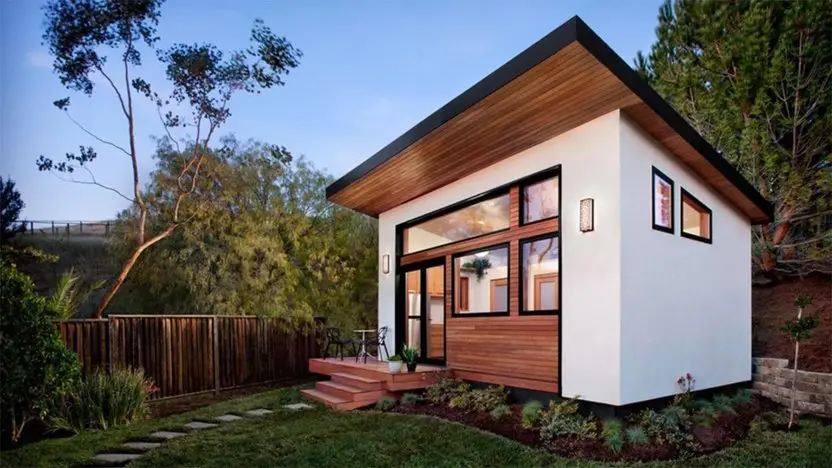Home Remodel Timelines
Understanding Home Remodeling Timelines
Contact us today for your free on-site consultation!
Understanding Home Remodeling Timelines in Massachusetts
When planning a home remodeling project, one of the first questions homeowners ask is, “How long will this take?” The answer depends on the type of work being done. From full home additions to simple bathroom remodels, the timeline can vary greatly. In Massachusetts, weather and permitting schedules also affect how fast projects move forward. However, understanding general timeframes helps you set realistic expectations and plan accordingly. Communication with your contractor is key to staying on track.
For example, a home addition can take anywhere from 3 to 6 months. Larger projects with multiple rooms may require even more time. Before construction begins, planning, design, and permitting can take 4 to 8 weeks. After that, site prep, framing, utilities, and finishing details follow. Visit our home additions page to learn more. If you’re considering adding a second floor, this type of work adds even more complexity. You may also need to temporarily move out, which adds to the preparation.
Similarly, Accessory Dwelling Units (ADUs) often require 4 to 6 months. Since ADUs are separate living spaces, they need kitchens, bathrooms, heating, and full electrical systems. Zoning laws also add time due to inspections and approvals. Be sure to check with your town or city in Massachusetts, as local regulations vary.
Kitchens, Bathrooms, and Basements: A Look at Remodeling Durations
Kitchen remodeling is another major home upgrade. On average, a kitchen remodel takes 6 to 12 weeks once construction begins. However, preparation takes time as well. Designing the layout, choosing materials, ordering cabinets, and pulling permits can take 4 to 6 weeks before work even starts. For a full kitchen renovation—including replacing appliances, flooring, cabinets, lighting, and plumbing—expect a timeline closer to 3 months. For more details, check out our kitchen remodeling page.
On the other hand, bathroom remodeling is typically quicker. A small to mid-sized bathroom usually takes 2 to 3 weeks to complete once demolition begins. Larger bathrooms or those with custom features may take up to 4 or 5 weeks. The first week is usually for demolition and rough plumbing. The second week includes electrical, insulation, and drywall. Tiling, painting, and installing fixtures follow. Keep in mind that custom materials or special-order items can delay the project. You can explore options on our bathroom remodeling page.
Basement remodels vary greatly in length depending on the space and its intended use. A basic basement finish with drywall, flooring, and lights may take 4 to 6 weeks. However, turning a basement into a livable apartment or office could require 8 to 10 weeks or more. Basements often require moisture-proofing, insulation, and new electrical systems. Adding a bathroom will also extend the timeline. Visit our basement remodeling page for ideas and planning tips.
Factors That Influence Remodeling Schedules
Several factors influence how long your remodeling project will take. First, project size and complexity matter most. A simple bathroom upgrade is much faster than a whole new addition. Next, design decisions play a big role. Choosing finishes, fixtures, and layouts can cause delays if decisions aren’t made early. Ordering materials ahead of time helps keep everything on schedule. Additionally, availability of labor affects timelines. In Massachusetts, skilled trades are often in high demand, especially during warmer months.
Permitting and inspections can also slow things down. Each city or town has its own building department. Some process permits in a few days, while others take weeks. Be sure to ask your contractor how long the permitting process typically takes in your area. Weather is another local factor to consider. For example, starting an addition in January may cause delays due to snow or freezing temperatures. Exterior work is best done in spring, summer, or early fall.
Unexpected issues may also affect timing. Once walls are opened, hidden problems like outdated wiring or water damage can appear. Fixing these adds time but improves safety. That’s why experienced contractors build in a little flexibility when setting timelines. Open communication and regular updates help keep everyone informed. It also allows for quicker decision-making when changes are needed. Always build in extra time when planning—just in case something unexpected comes up.
Planning Ahead for a Smooth Remodeling Experience
Good planning makes a big difference in any remodeling project. First, talk with a licensed contractor early in the process. They’ll help you understand the scope, timeline, and cost of your project. It’s also wise to meet with a designer if your project includes layout changes or structural work. Together, you’ll create a plan that fits your needs and your budget. Be sure to visit homeadditionma.com to see examples of past projects and get inspired.
Second, gather your ideas ahead of time. Create a list of must-haves and nice-to-haves. This helps you prioritize features if your budget is tight. If you’re remodeling in Massachusetts, consider seasonal factors. For example, spring and fall are ideal times to start projects. Contractors may be more available, and weather delays are less likely. Also, book early—many good contractors are scheduled out months in advance.
Be ready to adapt. Even with the best planning, things can shift. Materials may be delayed. Inspections may take longer than expected. Small changes in scope can extend timelines. The good news? When you hire professionals with local experience, they’re prepared for these situations. They’ll keep the project moving and adjust the plan when needed. With the right team, your remodeling journey in Massachusetts will go as smoothly—and quickly—as possible.

Creating Family Spaces
Smart Design Ideas for Home Additions Build the Space Your Family Needs, Right Where You Are As families grow, their homes often don’t. You may

Thinking of Moving?
How Home Additions Can Help You Create the Space You Need Without Moving Creating more space in your home doesn’t have to mean packing boxes

Want More Space?
Here’s Why Moving Isn’t Always the Smartest Option If I’ve ever told you anything, it’s this: adding to your home is one of the smartest

To Build Or To Buy: That Is The Question
Why Building an Addition Often Beats Buying a New Home I’ve spoken with countless homeowners over the years who were torn between buying a larger
